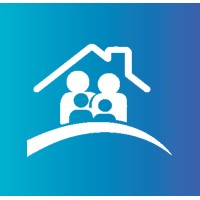
Children and Family Futures
Children and Family Futures (CFF) is a national public policy organization with a home office in Orange County, CA and just over 70 staff located across the country. We work to improve practice and policy for children affected by parental substance use and mental health disorders. We implement three large training and technical assistance programs, each led by a senior staff Program Director and a team of staff members with years of experience working at the intersection of the systems serving these families. • Since 2002, we have been the contractor to the federal government operating the National Center on Substance Abuse and Child Welfare which includes large technical assistance programs for infants affected by prenatal substance exposure In-Depth Technical Assistance and since 2007 the Regional Partnership Grants funded by Promoting Safe and Stable Families. • Since 2009, we have operated the national Family Treatment Court Training and Technical Assistance program for the Office of Juvenile Justice and Delinquency Prevention which include a variety of activities improving court and collaborative processes for children and families in the child welfare system. • And, we are the national home of the Sobriety Treatment and Recovery Teams (START) program which is an evidence-based program rated as “supported” by the Family First Prevention Services Clearinghouse. START pairs a person in recovery as a family mentor with a child welfare worker who operate as a dyad with families to prevent child removal and ensure safe, long-term reunification and family recovery. START is currently operating in 7 states and 97 jurisdictions with a few other states and tribes in the pipeline to come on board in the next year. In all of our efforts, we work at the intersection of health, social services, treatment, court systems and related agencies to ensure families get equitable and timely access to services with a focus on family recovery, including child and parent safety.






